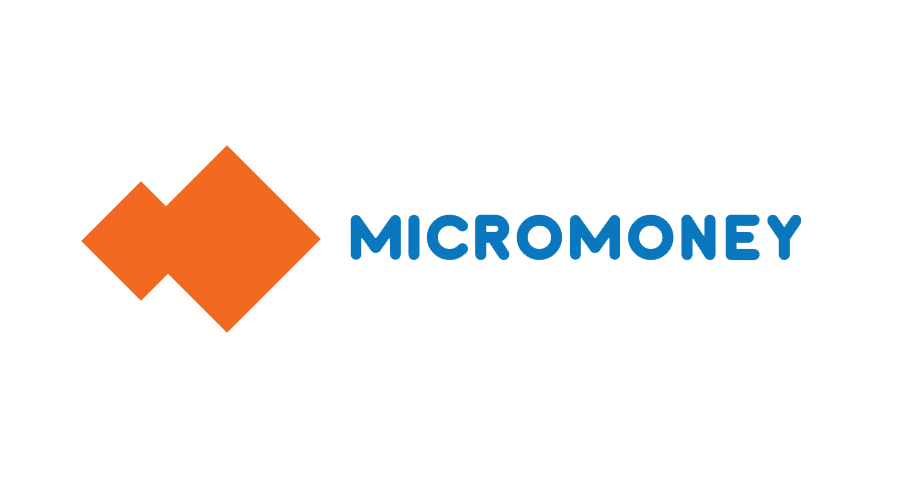Today, in the European Union one of the most discussed formulations of a draft law on personal data protection has become the right to be forgotten. It allows making requests on removing your personal data from the Internet and searching engines in particular. This right was applied by a man from Spain, Mario Costeha Gonzalez who won the case against Google in the European Court in May 2014. Gonzalez didn’t like that after putting on his name in the Google searching system it provided a link to an article of one Spanish newspaper, La Vanguardia. It is stated there that he had to sell his house because of debts. The Spaniard who repaid all his debts a long time ago considered this information irrelevant and got the removal of that link from Google data with the help of the Data Protection State Agency. After that, Google received thousands of requests from European countries residents: they wanted to remove undesirable links from the Google searching system which was provided after Google indexed those links and placed in the engine’s search hits. However, it turned out to be a paradox: people struggle publicly for the right to be forgotten and, as a result, they become famous forever.
Revealing personal data means dreams come true or When would you like to share your personal data?
It really makes sense to protect your personal data from frauds. However, not always personal data can be stolen by the criminals. There are some cases when your personal data can do a good job for you. What for? To make your dreams come true or in any urgent case you need some extra money, for instance. Personal data can help you to get a loan. Social networks data, searching requests history, mobile phone payments — all this information is necessary to decide on a client creditworthiness in the company I’m working for, a social lending service MicroMoney. Personal data processing refers to the most important parts of our work. Is it really so scary as it might seem?
The answer is no. MicroMoney has become the first service which processes its social microloans applications online, eliminating red tape. As a source of any kind of information, we use a client’s mobile phone data. There is a special MicroMoney’s mobile application that provides scoring procedures. Every client signs a contract on personal data processing. Scoring data system is based on artificial intelligence algorithms and self-learning neural networks, and data input — on blockchain technology. It takes less than five minutes to assess a loan request and a customer’s creditworthiness based on his or her personal data a borrower agreed to share with us. As a result, MicroMoney became the first company to provide loans without any collaterals and persons to vouch.
At the first glance, it may seem quite a sensitive part of the work because we process the most sensitive human information, personal data, but at the same time, it is clear that MicroMoney gets the access to a client’s personal data only after client’s permission is given. As the scoring system after that reaches all the available data and is able to compare them in order to confirm they are reliable, there are no ways to cheat the system. It will evaluate (without a human participation, by the way) all the good facts and bad facts equally.
Favor for a favor. Permission for a credit history
So this can be recognized as one of the most valuable aspects of our company. We do not only know every of our clients but also all the information about the amount of a credit he or she applied for, all the repayments and their dates. To be more accurate, we possess a kind of unique information about our reliable borrower with a good credit story in MicroMoney.
Thus, the company is becoming interesting and even necessary for both reliable borrowers and financial organizations. It is our database where a bank or any other business can get a necessary information about the potential customers fast and without useless cost while they could spend lots of time and efforts to get it by themselves.
The MicroMoney’s database includes credit histories of clients with high credit scores, who not only gave their permission to process their personal data during the loan application assessment but also signed an another agreement — to share the results with other companies. What for? To receive more valuable offers and to apply for other services they now have an access to — mortgages, credit cards, etc.
Why businesses want this agreement? Because now while preparing for an offer they can make it customized, taking into account what the preferences of a borrower are, processing the information about his or her work, income and hobbies — all these help to make an individual offer. Afterwards, a client will choose the preferable one.
In our company, we had staked on two things: providing loans without paper-based documents, collaterals and persons to vouch and avoiding all the red type processing the information for getting a loan online. And again, it’s important to remember that MicroMoney gets an access to personal data only having got a permission of a client and in no other way.
The database of the company is really unique. All the clients who repaid loans are included in a very valuable detailed list of reliable borrowers. This list can be used to sort out different segments of the audience and to determine a correlation of each segment with costs, risks, and other factors. It will help financial and other organizations to enter the emerging markets with significantly lower risks and expenses to attract new customers. What about a client, he or she enjoys the benefits of immediate solutions of any problems and, moreover, gets a good credit history which provides possibilities to get much wider opportunities.
